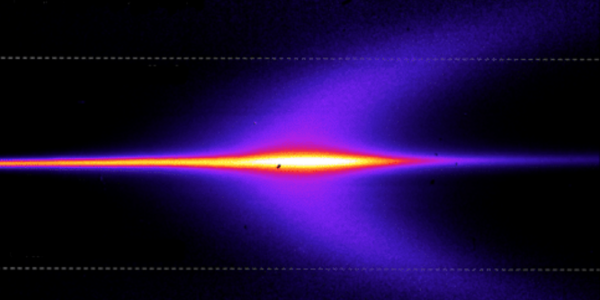Condensed Matter/Materials & Biological Physics Seminar with Jorge Hirsch on Hole Superconductivity
Holes are electric current carriers near the top of electronic energy bands in metals. When the transport of electric current in a metal is dominantly by hole carriers, its Hall coefficient is positive. It was empirically found long ago that the sign of its Hall coefficient is the most reliable predictor of whether a material is or is not a superconductor. Yet the conventional theory of superconductivity does not account for this empirical fact. I will discuss the alternative theory of hole superconductivity [1] within which hole carriers are indispensable for superconductivity. The theory explains why cuprates, pnictides and MgB2 are high temperature superconductors while Li, Be and Na are not. It explains how the Meissner effect works [2], which I argue the conventional theory is unable to explain. I will explain the mechanism by which hole carriers pair and give rise to superconductivity within this theory, which is unrelated to the electron-phonon interaction yet can give rise to an isotope effect. The theory is proposed to apply to all superconducting materials. I will discuss possible ways to experimentally validate the theory, and how the theory can guide the experimental search for higher temperature superconductors.
[1] J. E. Hirsch, Hole Superconductivity xOr Hot Hydride Superconductivity, J. Appl. Phys. 130, 181102 (2021) and references therein.
[2] J. E. Hirsch, Momentum of superconducting electrons and the explanation of the Meissner effect, Phys. Rev. B 95, 014503 (2017).

